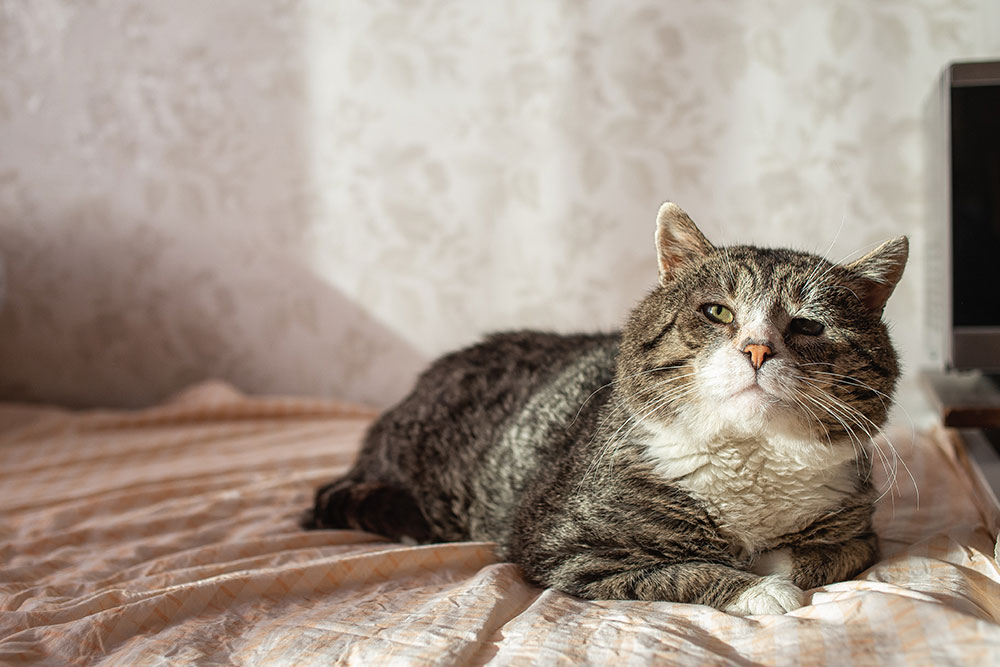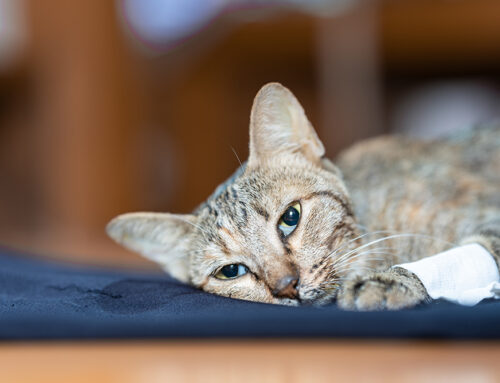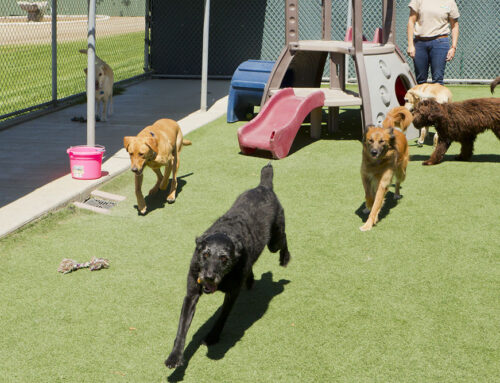As our cats grow older, they become more than just pets—they become quiet companions, familiar presences, and deeply loved family members. With age, however, comes a shift in their health and behavior that can be easy to overlook. At the Animal Clinic of Council Bluffs, we understand how subtle these changes can be—and how vital it is to stay ahead of them. Senior cats are at increased risk for chronic illnesses, many of which can be managed with early detection, regular veterinary visits, and thoughtful, tailored care.
This guide is here to help you better understand your aging cat’s needs, recognize early warning signs of disease, and take proactive steps to ensure they stay comfortable and healthy through their golden years. Aging may be inevitable, but discomfort doesn’t have to be.
Understanding Senior Cats: When Is a Cat Considered “Old”?
Life Stages of a Cat
Cats age gracefully, but their needs change significantly in their senior years. Understanding where your cat is in their life stage helps guide care:
- Senior (11–14 years): You may notice decreased activity, subtle changes in weight, or reduced grooming habits.
- Geriatric (15+ years): Cats in this stage are more prone to chronic illnesses, mobility issues, and cognitive changes.
For a deeper look at feline life stages, see Senior Status? Understanding Your Senior Pet’s Life Stage.
How Aging Affects a Cat’s Body
Just like people, senior cats undergo physical and metabolic changes:
- Slower metabolism increases the risk of obesity or, conversely, unexplained weight loss.
- Reduced kidney and liver function makes them more vulnerable to chronic organ disease.
- Weakened immune system puts them at higher risk of infections and cancer.
For a broader overview, explore Supporting Your Senior Pet: Veterinary Care Recommendations.
Common Diseases in Senior Cats and Their Symptoms
Arthritis and Joint Pain
Senior cats may hide their pain well, but arthritis can significantly impact their comfort.
Symptoms:
- Hesitation to jump or climb
- Increased sleeping, reduced play
- Matted fur from less grooming
Treatment: Pain management, joint supplements, and soft bedding can make a big difference. Learn more from Arthritis and Degenerative Joint Disease in Cats – iCatCare.
Chronic Kidney Disease (CKD)
One of the most common conditions in older cats, CKD often develops gradually.
Symptoms:
- Increased thirst and urination
- Decreased appetite and weight loss
- Lethargy and bad breath
Management: Special diets, fluids, and medications help manage symptoms. Learn more at Chronic Kidney Disease in Cats – Cornell Feline Health Center.
Hyperthyroidism
Affects metabolism and is often diagnosed in cats over 10 years old.
Symptoms:
- Weight loss despite increased appetite
- Hyperactivity, pacing, excessive vocalizing
- Vomiting or a rough coat
Treatment: Options include daily medication, dietary therapy, or radioactive iodine. Visit Feline Hyperthyroidism Guidelines – AAHA.
Diabetes in Cats
Diabetes requires lifelong management but can be well controlled with consistency.
Symptoms:
- Excessive thirst and urination
- Sudden weight loss
- Muscle weakness or abnormal gait
Treatment: Insulin injections, diet management, and close monitoring. Read Not So Sweet: Diabetes in Pets for more.
Cancer
Cancer can present in various ways, and not all tumors are malignant—but all should be evaluated promptly.
Symptoms:
- New lumps or swelling
- Chronic vomiting or diarrhea
- Behavioral changes or unexplained weight loss
Diagnosis and treatment: Depending on the type and stage, options include surgery, chemotherapy, or palliative care. Learn more about Types of Cancer in Pets.
Cognitive Dysfunction Syndrome (Feline Dementia)
As with humans, some cats develop cognitive decline with age.
Symptoms:
- Disorientation, pacing, or getting stuck in corners
- Night-time vocalization
- Litter box accidents or altered sleep patterns
Management: While there’s no cure, enriching environments and supportive diets can slow progression. Read more at Cognitive Dysfunction in Aging Cats – Cornell.
Preventive Care for Aging Cats
Routine Veterinary Checkups
Cats are excellent at hiding illness. That’s why senior cats need twice-yearly exams that include:
- Bloodwork (kidney and thyroid panels)
- Urinalysis
- Blood pressure and weight checks
For a full guide, explore Preventive Testing for Senior Pets – Zoetis Petcare.
Supporting Mobility and Joint Health
Mobility challenges can quietly affect a senior cat’s daily life.
Tips:
- Provide pet stairs or ramps for climbing
- Use orthopedic or heated beds
- Encourage gentle play
Learn more in the Mobility Matters Guide – AAHA.

Adjusting the Home Environment
Small changes can help your senior cat navigate daily life more comfortably.
- Use litter boxes with low sides
- Raise food and water bowls
- Minimize household stress with routine and quiet spaces
For more tips, see Common Behavior Issues in Older Cats – ASPCA.
What to Do Next: Partnering with Your Veterinarian
Schedule a Senior Wellness Exam
Routine exams help catch health issues early and keep your cat comfortable. Nutritional needs also shift with age. Talk to your vet about food that supports kidney, joint, or metabolic health.
Work with your veterinary team to track changes, adapt your home, and plan for future needs. Book an Appointment at Animal Clinic of Council Bluffs.






Leave A Comment